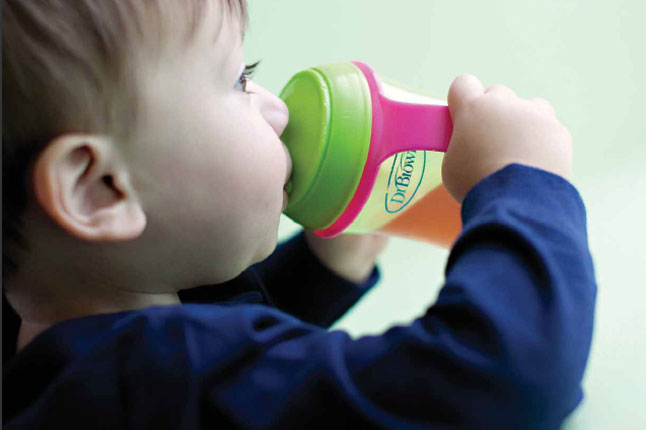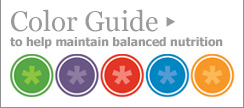Stage

Is your child drinking too much fruit juice?
Trying to encourage your kids to eat a balanced diet can be a real challenge. Some days are more difficult than others, and on the difficult days, juice can really help to make sure your kids are getting some of the vitamins they need. But how much juice is too much? This has become a concern for pediatricians across the country as childhood obesity rates increase at alarming rates. Could excessive juice intake be a part of this problem? The answer is yes!
The American Academy of Pediatrics (AAP) estimates that kids ages 1 to 5 often consume at least twice the recommended amount of juice each day. Excess juice intake can add excessive calories and sugar to a child’s diet and decrease their appetite and may lead to dental cavities. Children that drink too much juice may not be drinking enough water and milk or eating enough healthy foods such as fruits and vegetables. According to the AAP, fruit juice offers no nutritional benefits over whole fruits, lacks fiber and can have the same amount of calories as soda.
Juice can be a good thing!
100% fruit juice can be a healthy part of a well balanced diet when consumed in appropriate amounts. It is a great source of vitamin C, potassium and folate, and sometimes it is even fortified with calcium. According to the USDA’s MyPlate guide, which shows the five foods groups that are the building blocks for a healthy diet, children ages 1 through 4 need 2 fruit servings per day, and one of those servings may come from 100% fruit juice. That means that juice consumption should be limited to 4-6 ounces per day for toddlers. As a pediatric dietitian, I meet with many children that drink more than the recommended intake amount, and their parents often ask what they can do to try to decrease their child’s juice intake. Here are a few suggestions:
Simple Tips for Drinking Juice in a Healthy Way
- Make sure it is 100% fruit juice, not fruit drinks or sports drinks which can contain as little as 10% fruit juice.
- Juice should be in served in a cup, not a bottle.
- Only offer juice with meals and snacks, and water only in between meals.
- Infants under 6 months should not drink juice unless the Pediatrician recommends it to help with constipation.
- Limit time child has with the sippy cup so it does not become a security item – try only letting them have the cup with meals and snacks.
- Try diluting the juice with water for a less sweetened beverage.
- Make fruit juice ice cubes that toddlers can add into their cups of water. Each ice cube will measure out to be about 1 ounce of juice.
- Always try to model healthy nutrition and set a good example. Try drinking more water and less juice and soda.






